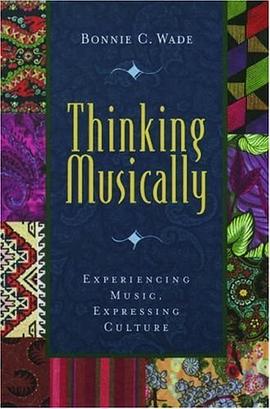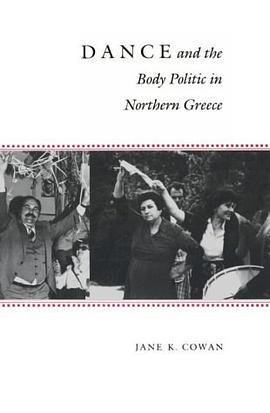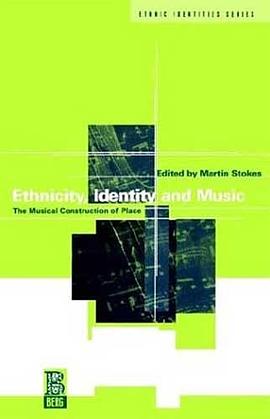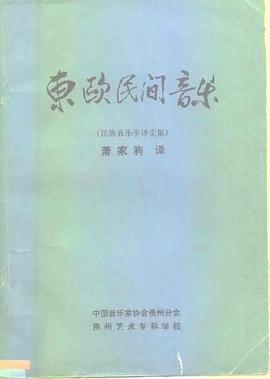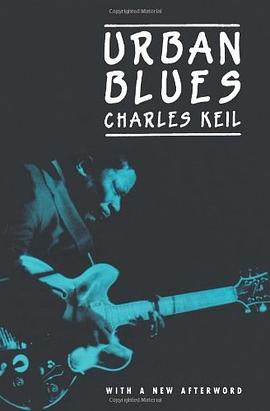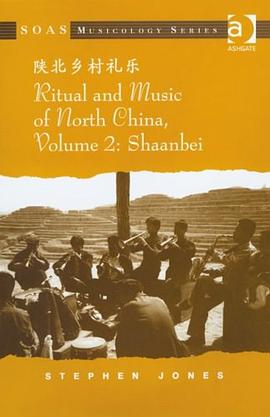

具体描述
In Divine Utterances , Katherine J. Hagedorn explores the enduring cultural and spiritual power of the music of Afro-Cuban Santería and the process by which it has been transformed for a secular audience. She focuses on the integral connections between sacred music performances and the dramatizations of theatrical troupes, especially the state-sponsored Conjunto Folklórico Nacional de Cuba, and examines the complex relationships involving race, politics, and religion in Cuba. The music that Hagedorn describes is rooted in Afro-Cuban religious tradition and today pervades a secular performances that can produce a trance in audience members in the same way as a traditional religious ceremony.
Hagedorn's analysis is deeply informed by her experiences in Cuba as a woman, scholar, and apprentice batá drummer. She argues that constructions of race and gender, the politics of pre- and post-Revolutionary Cuba, the economics of tourism, and contemporary practices within Santería have contributed to a blurring of boundaries betwen the sacred and the folkloric. As both modes now vie for primacy in Cuba's burgeoning tourist trade, what had once been the music of a marginalized group is now a cultural expression of national pride.
The compact disc that accompanies the book includes examples of twenty songs to the orichas , or Afro-Cuban deities, performed by prominent musicians, including Lázaro Ros, Francisco Aguabella, Alberto Villarreal, and Zenaida Armenteros.
作者简介
目录信息
读后感
评分
评分
评分
评分
用户评价
关于这本书给我的整体感受,它带给我一种近乎宗教式的体验,但它并非传统意义上的宗教书籍。更准确地说,它像是一面古老的铜镜,映照出的不是我自身的样子,而是某种宏大而永恒的宇宙法则的碎片。阅读的过程中,我体验到了一种“陌生化”的效果,日常的琐碎和焦虑似乎都变得微不足道,取而代之的是一种对时间、空间和无限的敬畏感。书中的语言风格时而如涓涓细流,时而又如山洪暴发,情绪的张力拿捏得极其精准,让你在不知不觉中被带入作者所构建的精神高地。合上书本后,那种回味悠长的感觉久久不散,它不只是提供了一个故事或一套理论,它提供了一种看待世界的全新透镜,一种更深层、更宁静的理解方式。
评分这本书的装帧设计实在是太精美了,拿到手的时候就有一种沉甸甸的质感,仿佛捧着一件艺术品。封面那种深邃的靛蓝色调,配上烫金的书名,散发出一种低调而又神秘的光芒,让人忍不住想要一探究竟。内页的纸张选用上乘的米白色,触感光滑细腻,即便是长时间阅读也不会感到眼睛疲劳,这种对细节的极致追求,体现了出版方对读者的尊重。装帧的锁线设计也十分牢固,即使是经常翻阅,也不担心书脊会散架,这对于一本我打算珍藏的书来说,无疑是一个巨大的加分项。装帧的风格似乎暗示着内容会是那种需要静心品味、具有一定厚重感的作品,而不是快餐式的流行读物。整体而言,从物理层面上讲,这本书已经达到了收藏级别的标准,让人愿意花时间去细细摩挲、感受它作为“实物”的美感。光是摆在书架上,它就成了一道独特的风景线,散发出一种内敛的智慧气息,让人对即将展开的阅读旅程充满了美好的期待和敬畏感。
评分作者在哲学思辨上的深度,绝对是令人叹为观止的。我尤其对其中几段关于“存在之边界”的论述印象深刻,那些探讨被遗忘的知识体系和被主流文化排斥的真理的段落,让我不得不停下来,反复阅读,甚至拿出笔记本做标记。这种深刻的洞察力,并非是简单的理论堆砌,而是基于对人类文明和个体经验的长期观察与内省。书中那些观点,就像一把把精准的手术刀,毫不留情地剖开了我们习以为常的认知盲区,迫使我们正视那些我们通常选择逃避的、关于生命意义的终极拷问。读完这些章节,我感觉自己的世界观似乎被轻轻地推移了角度,虽然不适,但却是极为必要的成长体验。
评分我花了整整一个下午的时间才大致读完第一章,坦白说,作者的叙事节奏把握得非常到位,它不像某些小说那样急于抛出高潮或悬念,而是像一位经验老道的说书人,不紧不慢地铺陈着背景和人物关系。文字的密度很高,但绝不晦涩,那种从容不迫的语感,仿佛是作者在用一种非常古老而典雅的语调与我进行深入的对话。我特别欣赏作者在描写场景时所使用的那种近乎诗意的精确性,每一个形容词的选取都恰到好处,让你能清晰地“看”到那些画面,甚至能“闻”到空气中弥漫的气味。这种沉浸式的体验是当下很多作品所欠缺的,它要求读者必须完全投入,暂时放下外界的一切纷扰。读完这一部分,我感到的是一种精神上的被洗涤,仿佛刚刚经历了一次漫长而富有启示性的冥想,心绪得到了极大的沉淀。
评分这本书的行文结构,说实话,初看之下有些令人费解,它似乎刻意地打破了传统的时间线叙事逻辑。我注意到,作者频繁地在不同的历史时期、甚至不同的哲学维度之间进行跳跃,这迫使读者必须时刻保持高度的警觉性,不断在脑海中构建和重组信息碎片。这种非线性的处理方式,虽然在阅读过程中增加了理解的难度,但一旦你捕捉到那些潜在的关联和呼应时,那种豁然开朗的满足感是无与伦比的。这让我联想到复杂的交响乐章,每一个声部都在独立发展,但最终汇集成一个宏大且和谐的整体。它考验的不是你的阅读速度,而是你的联想能力和抽象思维的灵活度,读起来就像是在解一道层层设限的精妙谜题。
评分 评分 评分 评分 评分相关图书
本站所有内容均为互联网搜索引擎提供的公开搜索信息,本站不存储任何数据与内容,任何内容与数据均与本站无关,如有需要请联系相关搜索引擎包括但不限于百度,google,bing,sogou 等
© 2026 book.wenda123.org All Rights Reserved. 图书目录大全 版权所有

